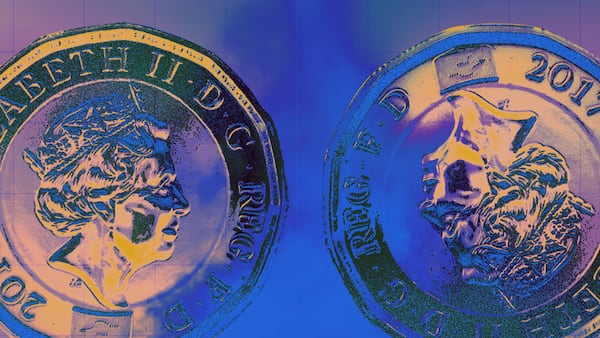- China has so far failed to ensure mass-adoption of its digital yuan.
- This should be “a warning” to the US and the EU as they look to launch their own CBDCs.
China’s sputtering rollout of a digital yuan may be a warning sign for Europe and the US, regions looking to adopt central bank digital currencies of their own.
While users in about 17 Chinese provinces — home to millions — can download and use the digital yuan app as part of a multi-year pilot programme, the CBDC has yet to be truly embraced by consumers.
For example, an attempt to get people to pay for transport using the digital yuan in Ningbo on China’s coast saw just over 8,000 users a day.
That’s in a city with a population of almost 10 million.
Part of the problem may be that users often don’t see much of a difference between the digital yuan app and longstanding payment services such as Alipay and WeChat Pay.
Some even refer to the digital yuan as “centralised Alipay.”
Things might play out similarly in Europe and in the US. “It will be challenging for the digital euro to gain substantial market share in a very diverse, competitive, and efficient payments market,” Jonas Gross, chair of the Digital Euro Association, told DL News.
“A digital euro could experience severe adoption challenges” as in China and other CBDC pioneering states.
Market infrastructure and regulation expert Sean Tuffy agreed.
NOW READ: EU crypto chief vows to ‘strike the right balance’ as officials begin enforcing landmark MiCA law
”The fact that the digital yuan is failing to gain traction — where conceptually, it can be imposed much easier — should absolutely be a warning for Western governments looking to create their own CBDC,” Tuffy, a former Citigroup executive, told DL News.
“The question is: what can be achieved with a CBDC that couldn’t achieved by conventional means?”In the US, the idea of a digital dollar has become political.
Florida governor and potential Republican presidential candidate Ron DeSantis has linked privacy fears and government overreach to discussions of any potential CBDC — making the issue a major campaign talking point.
Similar privacy worries have gripped Europe, prompting defensive comments from policymakers that a digital euro is “not a Big Brother project” and “not a conspiracy.”
Philipp Sandner, who heads the blockchain centre at the Frankfurt School of Finance and Management, and a founding member of the Digital Euro Association, is among those unconvinced.
He told DL News last month that while retail payments are “fully in the hands” of American finance giants like Visa and Mastercard, “from a retail perspective there is not much benefit” to a CBDC.
The European Central Bank, he added, has “some problems really articulating why we need it.”
Tuffy said: “One of the main drivers in China and Europe for a digital currency is to lessen dependency on the payment rails of the US-domiciled Visa and MasterCard duopoly. The problem is, that is just not something normal people care about.”
Beyond payment infrastructure, “the other major use case for a CBDC is ‘programmable money,’ which is basically a political non-starter,” Tuffy added.
Stumbles in China come even as Chinese authorities are incentivising its use, teaming up with banks and big stores to roll out discounts and other perks to widen adoption, while the digital yuan is accepted in many retail outlets.
Authorities in Changshu, in Jiangsu province, are paying civil servant salaries in digital yuan. Bus routes in Jinan are taking digital yuan payments. Sanya, a tourist city on Hainan Island, has digital yuan ATMs.
It will be a hard sell in Europe, said Gross, but not insurmountable.
“One way for higher adoption would be to focus its design on features that existing forms of money do not have,” he said.
“Value-add” features, he noted, could include “cash-like privacy in the digital realm, and offline and online capabilities, as well as facilitating cheap international payments.”


